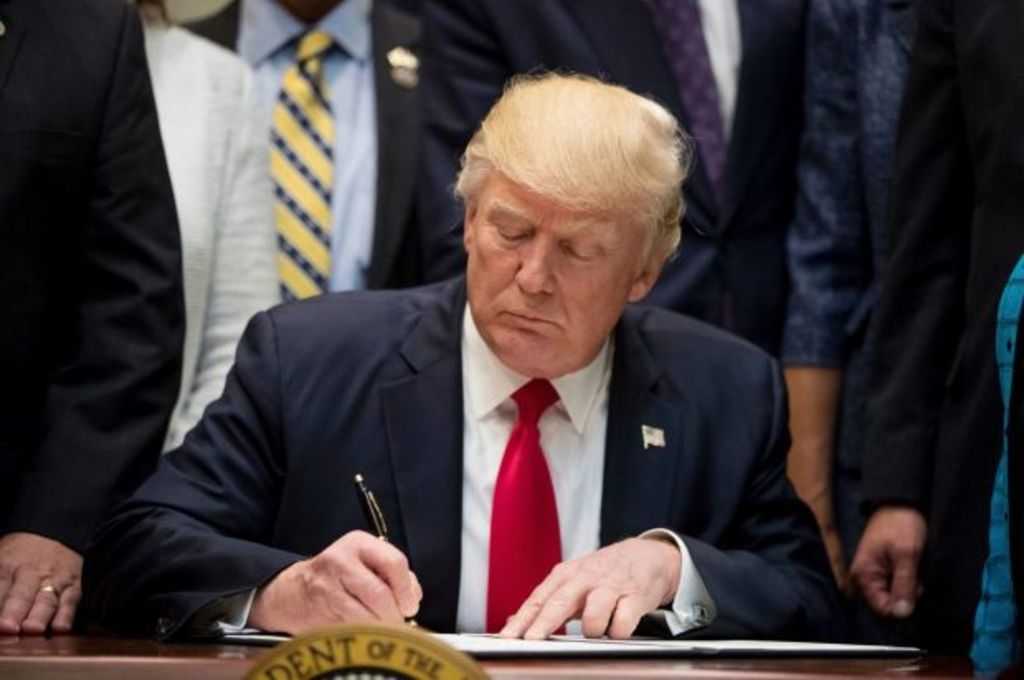Here's how President Donald Trump could affect the Australian property market

An onslaught of opinion is likely to ensue at the mere mention of President Donald Trump. It is amazing how a single person driving major policy change can create a butterfly effect. Trump arguably has the most powerful job in the world. One only has to look at the fluctuations of the stock market throughout the presidential campaign and following inauguration to understand that decisions do not stop at national borders. They are felt across the world.
Our world is interconnected, not isolated. A major political or economic decision from one country will have an impression on others. It is the degree and type of impact that will vary.
It would be naive to ignore the potential repercussions of Trump’s policy decisions in Australia and even in our property sector. There has been heavy speculation surrounding how Trump’s choices will be felt.
Trump’s victory does raise uncertainties for the global economy. His election promises are not empty ones: since taking office he has begun a full roll-out of his agenda, recently withdrawing from the Trans-Pacific Partnership. If a trade war with China arises from the TTP exodus, it could cause a global recession. It is unlikely that Australia will remain unscathed from this extreme outcome.
It remains unclear the impact on foreign investors in the US – something the world over is watching. Overseas investors might start to look to Australia as a safe haven for long-term investment, which is something our own Reserve Bank has been trying to keep in check.
A more imminent threat is the outcome to interest rates. If Trump delivers on other election promises it will blow out the budget deficit, making for a quicker path to rates hikes from the US Federal Reserve. If the Federal Reserve ramps up rates, it is likely that the Reserve Bank of Australia will follow suit.
The tide is already changing as interest rates for investors and some owner-occupied loans have been moved higher. Many Aussies who took advantage of the increased borrowing power could find themselves in trouble.
Cheap rates have encouraged a record level of household debt. There is a grave fear for homeowners and investors who have financially overextended following the joyous ride of historically low interest rates. Any rise to rates will severely impact this market sector. It will also challenge the diminishing numbers of first-home buyers fighting to access the market.
For some there is a silver lining. An aggressive interest rate rise reaction to the US could put an end to Sydney’s current property cycle. Home values in Sydney have increased from a median of $647,926 in 2012 to more than $1 million. This figure would have seemed ludicrous five years ago.
It would be a great scenario if salary growth matched, but unfortunately pay packets have been relatively static. It is no wonder housing affordability has become a government priority. A softening of the property market will ultimately aid housing affordability with no need for political policy intervention.
We thought you might like
States
Capital Cities
Capital Cities - Rentals
Popular Areas
Allhomes
More









